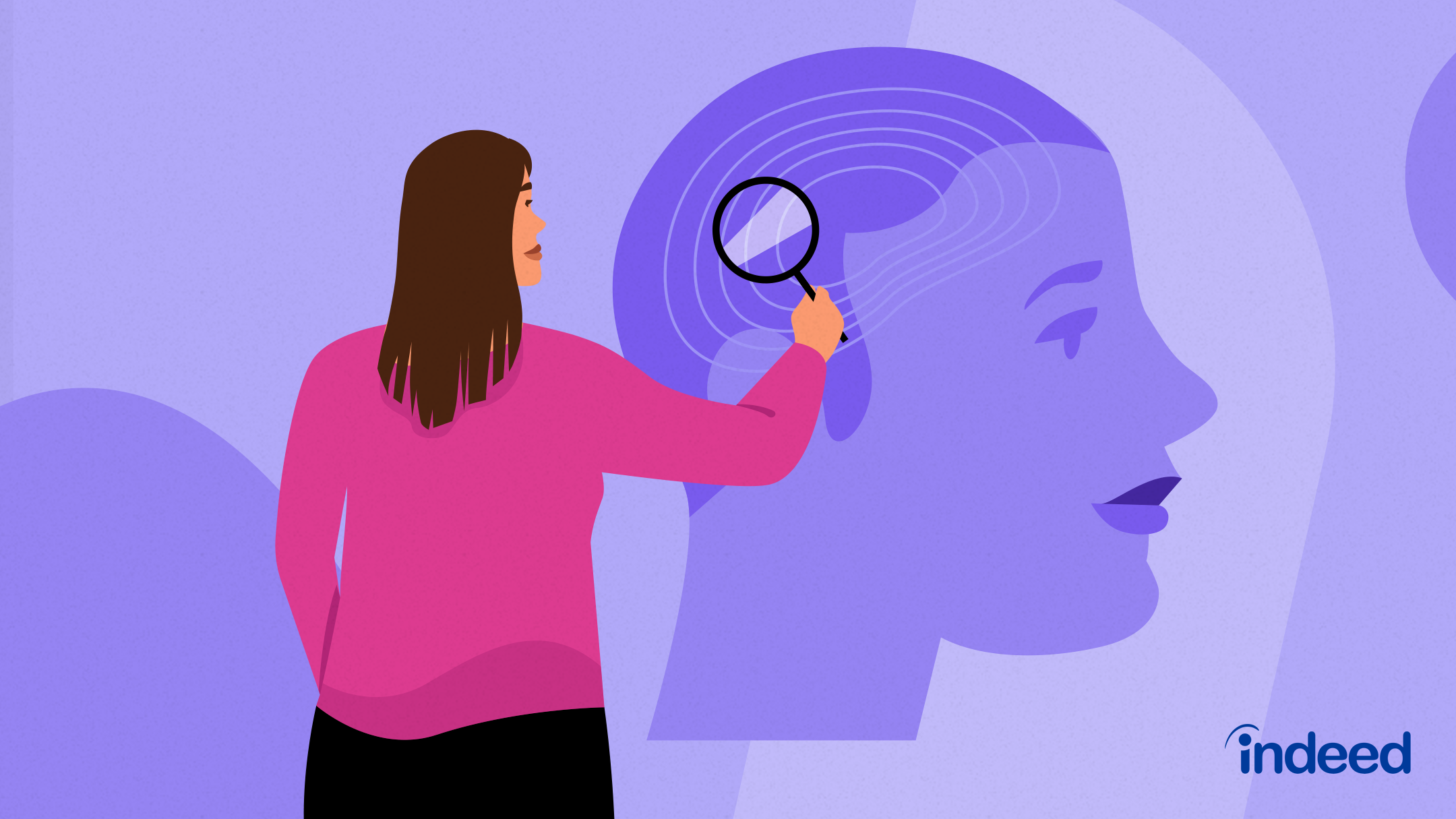Reach Your Full Potential with Clinical Psychologists Kew Melbourne for Professional Support
Reach Your Full Potential with Clinical Psychologists Kew Melbourne for Professional Support
Blog Article
Clinical Psycho Therapists Vs Psychiatrists: Secret Differences You Ought To Know
The difference between clinical psychologists and psychiatrists is crucial for individuals seeking psychological healthcare, as each expert deals one-of-a-kind experience shaped by their academic histories and therapy techniques. While medical psycho therapists concentrate largely on psychotherapy to attend to emotional and emotional worries, psychoanalysts, as clinical physicians, bring a medicinal viewpoint to treatment, commonly intertwining medication with therapeutic methods. This difference elevates essential concerns concerning which expert may be best fit for various psychological health and wellness needs. As we discover these essential differences even more, the implications for therapy selections come to be significantly substantial.
Educational Background
Numerous individuals looking for psychological wellness services may question the differences in academic backgrounds in between scientific psychologists and psychiatrists. The differences are significant and necessary for understanding the roles each expert plays in mental wellness care.
Medical psychologists generally hold a doctoral degree in psychology (Ph.D. or Psy.D.), which requires considerable training in psychological theories, study approaches, and professional technique. Their education includes a minimum of five years of graduate research, including both coursework and supervised professional experience. Additionally, clinical psycho therapists are called for to obtain and finish a pre-doctoral teaching fellowship licensure, which entails passing a nationwide examination.
On the other hand, psychiatrists are medical doctors (M.D. or D.O.) that complete a four-year clinical degree followed by a residency in psychiatry, which lasts an extra four years. Their clinical training equips them to recognize the organic elements of mental illness, enabling them to recommend drugs and use a clinical viewpoint on treatment.
These differing instructional courses emphasize the unique expertise each expert brings to the area, forming their approaches to person, medical diagnosis, and therapy care. Recognizing these differences is crucial for individuals navigating the psychological wellness system.
Therapy Methods
Diverse therapy approaches identify the practices of clinical psychologists and psychiatrists, reflecting their distinct training and areas of experience. Professional psycho therapists largely make use of psychiatric therapy, employing methods such as cognitive-behavioral treatment (CBT), dialectical actions treatment (DBT), and psychodynamic therapy. Their focus is on psychological and mental assessment, treatment, and the growth of dealing techniques to attend to different mental health problems. They might work with pairs, teams, or individuals, tailoring their healing techniques to the particular needs of their customers.

Both experts might team up in treatment plans, making sure thorough treatment that resolves the complexities of mental health and wellness. Eventually, the selection of therapy strategy might depend upon the nature of the problem, the choices of the client, and the details knowledge of the clinician included.
Function in Mental Healthcare

In comparison, psychoanalysts are clinical doctors that focus on the diagnosis and therapy of mental wellness conditions, frequently using a biomedical method. They can recommend drugs to handle psychological signs and are educated to think about the physical aspects of psychological health, such as neurobiology and pharmacology. This clinical perspective enables psychoanalysts to deal with intricate cases that might call for a mix of drug management and psychiatric therapy.
With each other, professional psycho therapists and psychiatrists produce a detailed mental healthcare framework, dealing with both medical and mental demands. Partnership in between these specialists ensures that clients obtain all natural care, ultimately enhancing therapy outcomes and enhancing the high quality of life for people experiencing psychological wellness challenges.
Kinds Of Conditions Dealt With
While both professional psychologists and psychoanalysts attend to a broad array of psychological health problems, their approaches and locations of know-how usually determine the certain conditions they deal with. Medical psychologists mostly focus on the evaluation and therapy of emotional, behavior, and cognitive conditions through psychiatric therapy.
On the other hand, psychiatrists are clinical doctors that can prescribe drugs and have actually specialized training in the biological facets of mental wellness. They usually handle much more intricate psychiatric problems that may call for pharmacological treatment, such as schizophrenia, bipolar problem, extreme depression, and compound use conditions. Psychiatrists might incorporate medicine monitoring with psychotherapy but usually focus on the biochemical and medical components of psychological Click Here health problems.
Understanding these distinctions can aid individuals seek the ideal treatment tailored to their certain psychological health demands, guaranteeing they receive one of the most reliable therapy for their conditions. elementa psychologists kew.
Insurance Policy and Cost Considerations
Browsing insurance policy and cost considerations is a crucial element for individuals looking for psychological health services from scientific psycho therapists or psychiatrists. Both professions may accept different insurance policy strategies, yet the level of coverage can differ substantially. Psychoanalysts, that typically suggest drug, might have various payment practices compared to medical psychologists, who normally concentrate on psychiatric therapy.
Insurance policy reimbursement for psychological solutions could be more beneficial because of the clinical nature of their technique. Patients might run into greater deductibles or co-pays when seeking advice from a psychiatrist. In contrast, medical psychologists may supply solutions billed under mental health advantages, which can lead to reduced out-of-pocket expenses, depending on the insurer's plan.
Moreover, individuals should take into consideration the frequency and duration of treatment sessions when examining expenses. While psychiatrists could provide shorter, medication-focused visits, clinical psycho therapists usually take part in longer sessions dedicated to healing methods.
Ultimately, recognizing the certain terms of one's insurance strategy, including network schedule, protection limits, and pre-authorization demands, is important. Patients are encouraged to dig this contact their insurance policy supplier to clarify advantages and explore alternatives for budget-friendly mental healthcare.
Conclusion
In recap, the distinctions in between medical psycho therapists and psychiatrists are vital for informed decisions pertaining to mental wellness care. Educational background, therapy approaches, and functions in these details psychological health substantially vary in between both careers. While clinical psychologists largely concentrate on psychiatric therapy, psychiatrists integrate medication management into their technique. Comprehending these distinctions boosts the ability to choose the ideal professional based on private requirements, whether they entail treatment, medication, or a combination of both for optimum mental wellness end results.
The distinction in between clinical psychologists and psychiatrists is essential for individuals seeking psychological wellness treatment, as each expert offers distinct experience formed by their academic backgrounds and treatment methodologies.The roles of professional psycho therapists and psychoanalysts in psychological health and wellness care are complementary, mirroring their distinctive training and experience.While both professional psychologists and psychiatrists address a wide array of mental health problems, their techniques and areas of proficiency frequently determine the certain problems they deal with.Browsing insurance coverage and expense factors to consider is a vital element for individuals looking for mental wellness solutions from clinical psycho therapists or psychiatrists.In recap, the distinctions between professional psychologists and psychoanalysts are vital for educated choices concerning psychological health and wellness treatment.
Report this page